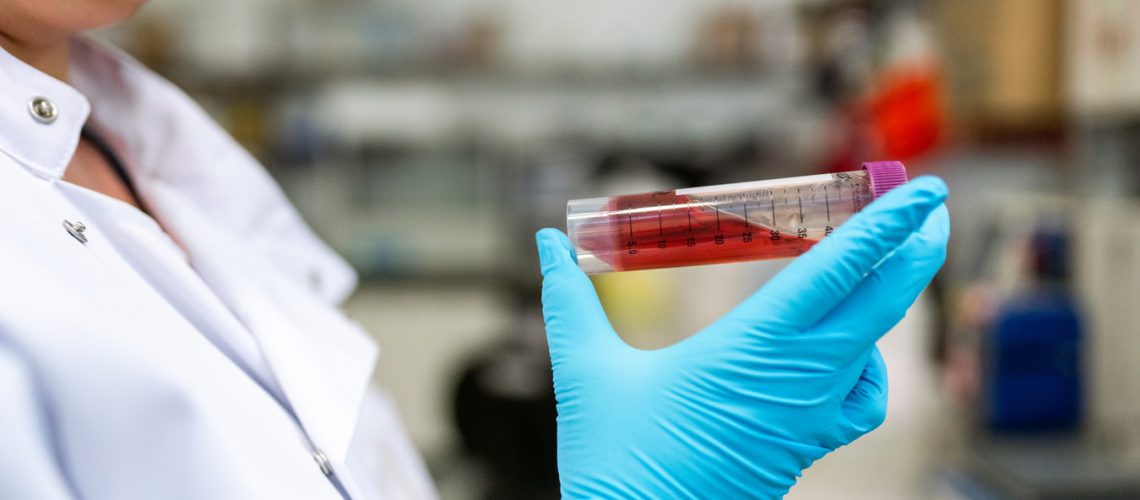Rh blood group (RHD) is a polymorphic system with significant issues in blood transfusion. This holds especially true for Rhesus D antigen. Serologic RhD typing is not fail-safe due to the fact that monoclonal anti-D reagents may react with weak and partial D types in a variable manner. This has an impact on transfusion with respect to the choice of appropriate blood products and on strategies for prevention of anti-D alloimmunization in pregnant women.
About 1% of Europeans carry aberrant RHD alleles. Aberrant RHD alleles encode RhD variants that may cause problems in serologic diagnostics and, thus, hold the intrinsic properties of alloimmunization. The possibility of false D antigen typing should be minded in daily work. RHD variants such as weak D type 1, type 2 and type 3 are often in European lineage. These types are generally qualified as RhD-positive and cause no problems in transfusion situations. Other aberrant RHD alleles can induce D-alloimmunization. Due to significant ethnic variabilities in weak D and partial D types, they have to respected. Unfortunately, serologic testing is hampered to distinguish in a clear-cut way between RhD-positive and RhD-negative or between weak D and partial D. Moreover, patients with partial D phenotype may be falsely typed as D-negative.
In the last years we noted an increase of inconclusive reactions in RhD antigen serology. We report here observations from a study period of 12 months with specimens from pregnant women (many of them with migration background) which we obtained on occasion of maternity care. Major interest of maternity care is safe classification of blood group Rhesus D either as RhD-negative or RhD-positive and the diagnostics of weak D and partial D variants in order to prevent anti-D-alloimmunization. From the study of 3055 pregnant women we detected 22 cases (about 0.7 %) with inconclusive RhD antigen results by routine serology. These cases were selected for subsequent RHD genotyping. The majority (10 cases) were of weak D type 1, four cases were of weak D type 2 and three cases of weak D type 3. Then, one specimen was reported as weak D type 31. Four other women were classified as partial RHD. The most interesting partial D case, however, was that of a serologic normal D antigen which proved to be partial D (DAU) by molecular typing, i.e. RHD*10 (RHD*DAU0).
The term “serologic weak D phenotype” does not reflect the relevant clinical properties of the D antigen, neither by qualitative nor by quantitative differences from a normal RhD antigen. Changes in D epitopes are the main reason for the induction of transfusion related anti-D antibodies. The many reasons for gene conversion (RHD, RHCE) or mutations are limits for serology. The overall diversity of RHD genes has an impact on diagnostic strategy. Even if traditional serology remains the workhorse of blood testing, molecular techniques become more and more required to assure blood group results. But for all that, we must perceive limitations of PCR methods. Many of the test setups are adapted to samples from European people, and these tests must not be the right ones to detect rare alleles. Failure in genotyping will occur by undescribed mutations (false-positive and false-negative results). Also, diseases such as hematologic malignancies causing blood group chimerism or other reasons of somatic mutations may lead to alteration in blood group phenotypes. The European Blood Directive and the BloodGen Project have addressed the need for the development of appropriate concepts and technology.
